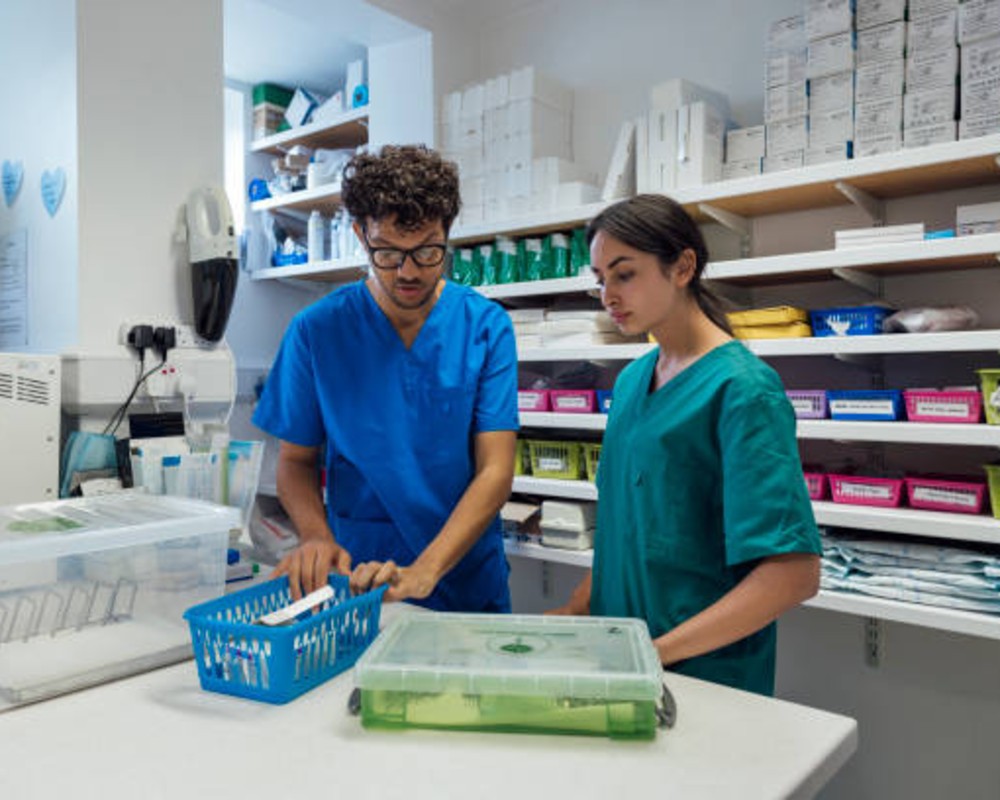– Ronita Torcato
Hundreds of new pharmacy colleges set up across Maharashtra are being scrutinised by the state government following complaints regarding forgeries. In the last three years alone, more than 115 colleges offering B Pharm and nearly 200 offering D Pharm have mushroomed in the state.
The Maharashtra government received complaints that these institutions were submitting bogus documents such as certified maps, no-objection certificates (NOCs), occupancy certificates, and utility certificates in order to secure approvals.
An educationist alleged that many colleges have been granted NOCs without physical inspection and based on unverified documents submitted by the institutions.
“These institutions suffer from severe shortage of manpower, impacting the quality of education in the affiliated institutions,” he alleged.
Pharma colleges are also being investigated for medical seat-blocking, high capitation fees, misuse of funds (for purchase of land which is registered in the names of trustees) and other instances of misconduct.
It may be noted that in response to complaints received by the Higher and Technical Education minister, the Maharashtra government issued an order directing document verification and an institution-wise inspection report to confirm whether adequate facilities are available for diploma, degree, and postgraduate education.
A government official said that Maharashtra State Board of Technical Education and DTE officials commenced the inspection exercise.
The Pharmacy Council of India (PCI) under the Pharmacy Act of 1948 regulates the field by investigating and approving pharmacy institutions once affiliating universities and the respective state governments issue NOCs. The aim is to curb the proliferation of dubious colleges and prevent vacancies of seats during admissions.
Data from the Directorate of Technical Education (DTE) shows that over 30 percent of seats remained vacant last year in both B Pharm and D Pharm courses in the state.
Dr Milind Janrao Umekar, President of the Indian Pharmaceutical Congress Association, a federation of five key pharmaceutical associations said the demand for pharmacy courses surged after the Covid-19 pandemic, “as people began recognising opportunities in research, clinical studies, pharmacovigilance, formulation and development, and drug or vaccine manufacturing.”
Currently, there are over 2,500 pharmacy institutions in India enrolling over 260,000 students annually.
It may be recalled that in 2022, the PCI had imposed a moratorium on setting up new institutes, which was later challenged in court.Once this was lifted following a court order, several colleges rushed to introduce pharmacy programmes, Umekar noted, adding that a re-inspection exercise is crucial to ensure all institutions meet PCI norms on the required number of qualified faculty, infrastructure, and laboratories etc.
India ranks third globally in drug production by volume and exports to approximately 200 countries and territories. The 74th Indian Pharmaceutical Congress will be held in Bengaluru in December 2025, on the theme “AI & TECHNOLOGY IN PHARMA: EDUCATE, INNOVATE, EMPOWER.”
























